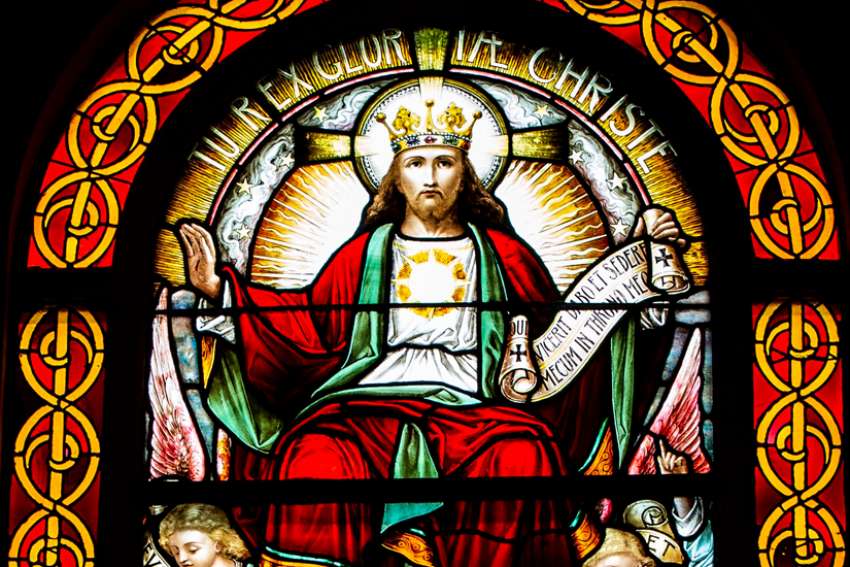Peter was narrating the story of the life, death and resurrection of Jesus, which appeared to end in tragedy and disaster but ultimately resulted in glorious triumph. The ministry of Jesus was accompanied by many signs and wonders, signifying that God was with Him and that He spoke on God’s behalf. But that was not enough for some — it was threatening, just as it is threatening today when someone speaks and acts in a Christ-like manner.
The fear and resentment generated by the ministry and teaching of Jesus resulted in His arrest, trial and execution. His opponents were convinced that they had put an end to Him and His teachings. But their actions ironically played right into God’s hands. God knew what they would do, and the entire scenario was part of the divine plan. Those who sought to snuff out the light were in fact accomplishing God’s will, albeit unwittingly. God raised Jesus from the dead and exalted Him, for He could not be held in the bonds of death.
Disaster and evil may seem to triumph for a while, but in the end, God always wins. Where God is, there is life; where God is, there is joy. We should not allow ourselves to be mesmerized and captivated by the negativity that we see around us for God is constantly at work, bringing good from evil and light from darkness. Humans merely think that they control everything, but God knows otherwise.
The instrument of our salvation and that of the world is the precious blood of Christ. It is more powerful than anything the world can dish out in opposition. The redemption and liberation of humanity by Christ was preordained from before the foundation of the world. Through centuries and millennia of strife, struggle and seeming chaos, the way was being prepared. Holy men and women poured out their energy and sometimes their blood to make it all possible. There is an unbroken chain of dedication and obedience to the divine will from the beginning up to our own day.
The Good Friday events were grim and devastating for the followers of Jesus. They felt that all joy and hope had left them. The two disciples that Jesus met on the road to Emmaus were absolutely crushed. As Jesus walked beside them incognito, He began to prod them a bit about the events that had taken place. One of them related that Jesus was held in high esteem as a prophet mighty in word and deed. Jesus had been betrayed to the authorities, who arrested and crucified Him. The disciples’ pain and disappointment were evident in their lament that they were hoping that Jesus would be the one to redeem Israel. They were even aware of the empty tomb and the report of the women, but it made no impression on them.
At this point Jesus chided them for failing to understand. The suffering and death of the Messiah was preordained and in harmony with the divine will. He then unpacked the entire scriptural tradition for them, showing where the texts spoke of Him and His mission. At the shared meal that evening, Jesus blessed the bread and divided it among them. At that moment, their eyes were opened, and they recognized Him just as He vanished. Their hearts burned within them whenever Jesus explained the passages that spoke of Him and they recognized Him in the breaking of the bread, underlining the importance of community, interiority and the word of God in our journey with the Lord.
It is only by looking beyond outward appearances with the eyes and mind of the heart that we will be able to discern the telltale signs of God’s presence and activity. These signs are expressed in kindness, compassion, hope, forgiveness, generosity, inclusion and movement towards spiritual unity as a new world struggles to be born. The risen Christ is God’s promise that our hope and faith are not in vain.


